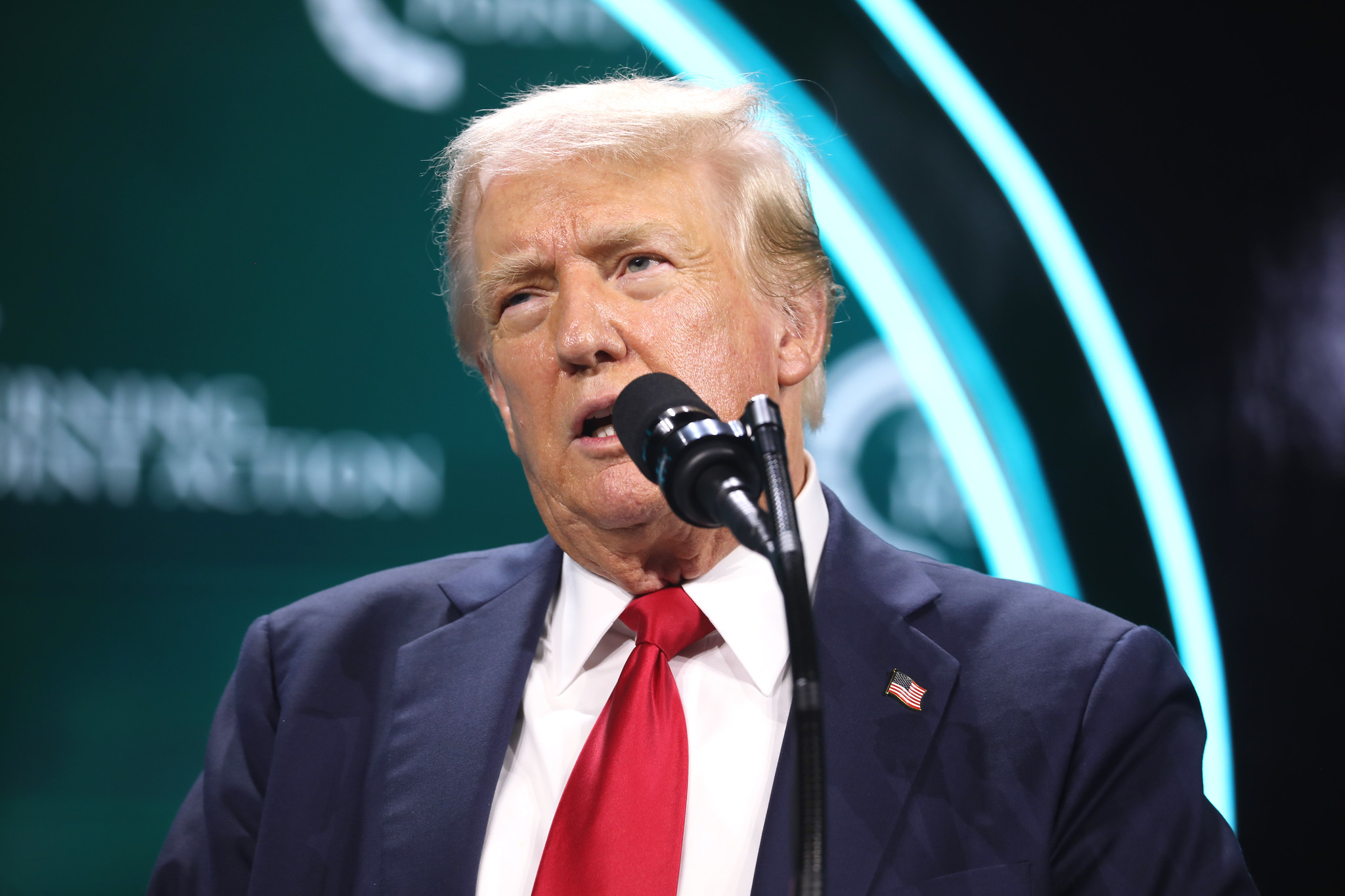On August 1, a detailed review surfaced, breaking down the recent legal bout between the U.S. Securities and Exchange Commission (SEC) and Ripple, a leading name in the crypto world. This analysis, courtesy of the Chamber of Digital Commerce (CDC), a prominent voice for digital assets and blockchain in the U.S., digs deep into what this case means for the evolving digital currency landscape.
The spotlight of the report shines on the decision made by Judge Analisa Torres. Her ruling, which demarcates an investment contract from the actual underlying asset, has set wheels in motion for how future cases may be approached. Central to her decision was the categorization of Ripple’s token, XRP. The Judge broke it down into three distinct classes: institutional sales, programmatic sales, and other distributions. To reach her conclusion, she employed the Howey test, gauging if the said distributions equated to the selling of investment contracts.
For the CDC, this ruling was a welcome one. They've been quite vocal in supporting Ripple, as evidenced by their amicus brief. Perianne Boring, who stands at the helm of the CDC as its CEO, emphasized how pivotal this case is. It doesn't just have implications for Ripple but sets a tone for many more legal tussles in the vast sea of cryptocurrency.
While the decision was lauded, Boring also took a moment to underscore the significance of fair competition in this space. For the U.S. to lead the digital revolution, the onus is on both industry leaders and regulators to craft clear, logical rules. And while the courtroom verdicts like this one by Judge Torres play a part, true clarity, according to the CDC, lies in the hands of Congress through strategic legislation.
The CDC acknowledges ongoing efforts with several digital asset regulatory bills making their rounds in Congress. Yet, there's skepticism, largely due to the tight legislative timelines.
In their pursuit for a clear regulatory framework, the CDC remains undeterred. Their history of advocating for fair play was evident earlier in the year when they criticized the SEC for its aggressive stance against ex-Coinbase employees.


























Comment 0